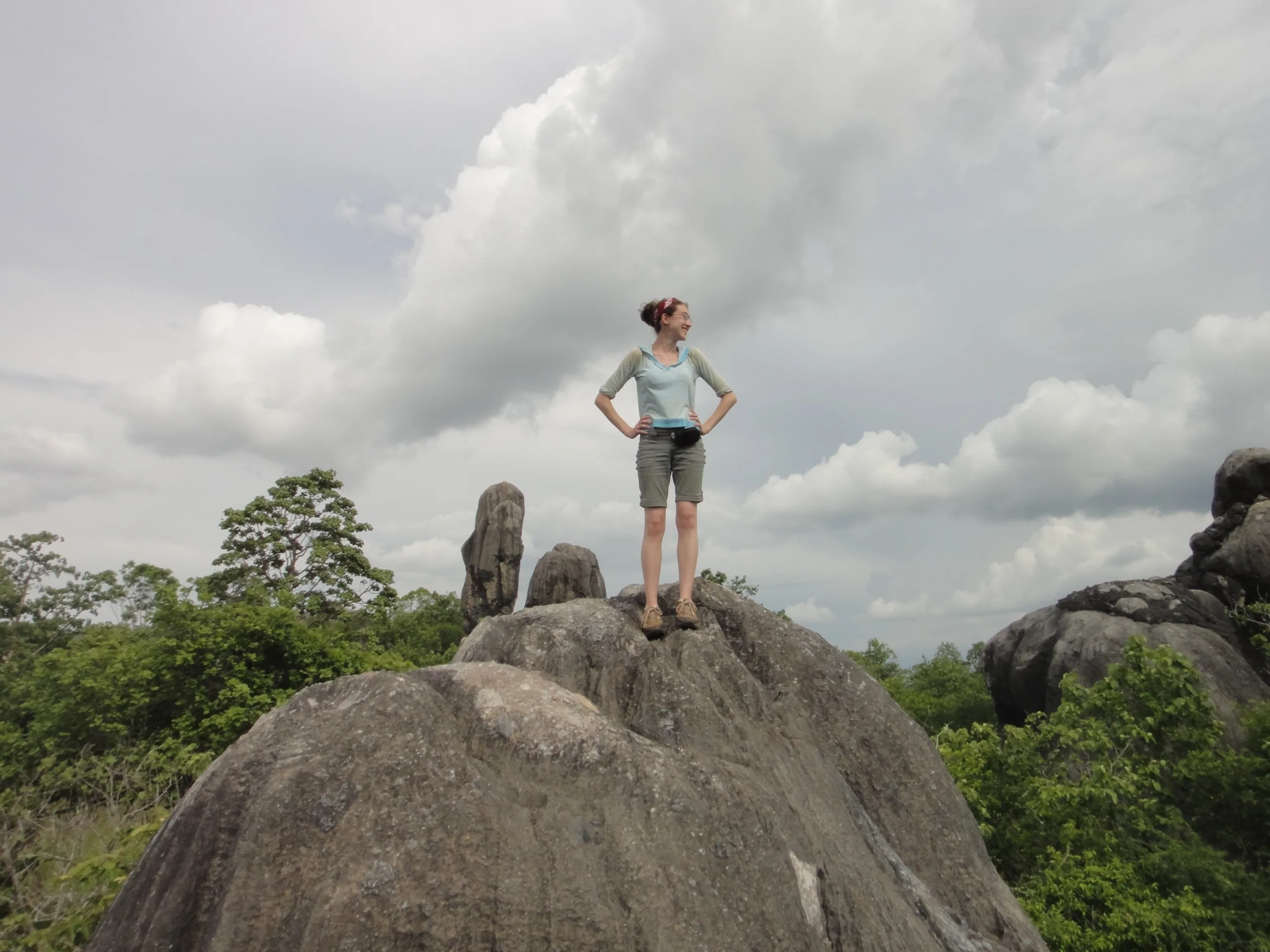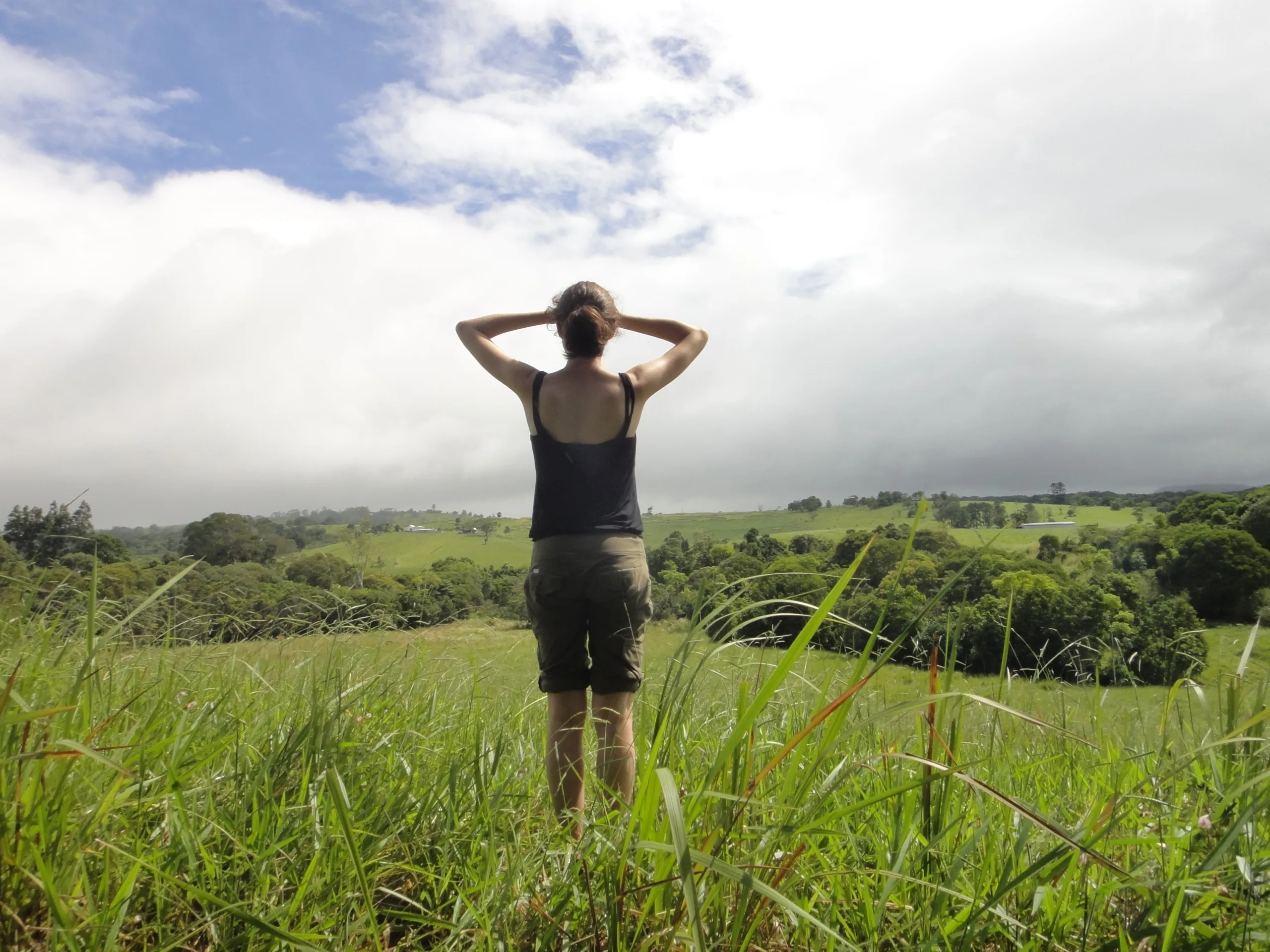On Research, Conferences, and Opportunities Beyond SFS
I found myself stuck in O’Hare International Airport for the second time in a year. The first time was in May 2012. I had just completed my Directed Research project and presented my findings to the local Australian community about a Queensland environmental education program called Earth Smart Science. When I presented to the residents of the Atherton Tablelands, the people in the room shared an inherent understanding shared of the Tablelands, the Wet Tropics, and the communities there, human and nonhuman. Though I did need to provide some background on the particularities of the Earth Smart program, there was no need to explain how beautiful and unique the Wet Tropics are, or how important sustainability and education are to the area.
It was April 2013, and I was stuck in O’Hare again. As I sat waiting for my connecting flight to La Crosse, Wisconsin, it was hard to believe it had been almost a year since returning from Australia, more than a year since wildly packing my suitcases with gear and clothes. Because of my experiences there, I was jetting off to another new place, with lots of new people, to present my Directed Research project at the National Conference on Undergraduate Research (NCUR).

I was less concerned about the audience understanding the data and results of my research than with the background of the place itself. How could I convey the Tablelands in less than ten minutes? Though I’d only been in Queensland for three months, I developed a connection with the place and with some of its people, which I often feel compelled to share. Upon returning home, I quickly learned that it’s a difficult thing to explain. There are so many inner workings to a place, ecological and social. Intimate knowledge in which residents are immersed becomes automatic—integral to functioning yet barely noticeable. I couldn’t even be sure my audience would know there is rainforest in Australia, never mind the social dynamics of the Tablelands and the bureaucracy of the Queensland government. In the nights before my presentation, I practiced in my hotel room before an imagined stony crowd in a cavernous room (and, for fear of technical failure, backed up my presentation in five different places).
In the meantime, I spent my days with friends I’d made in the airport (many conference-goers were identifiable by their poster tubes, and there wasn’t much else to do with our endless delays) or at the hotel. My favorite part of the conference was the poster sessions: a gymnasium floor turned into a chaotic and exciting swarm of young researchers chatting and sharing their work. I loved moving from poster to poster, learning about methods of supporting autistic children in public schools, social dynamics of college campuses, hyperammonemia, monitoring stream water quality, and so much more! It was amazing to have such a wide variety of specialized knowledge congregated in one space.
Despite my worries, my presentation was fine and the audience asked great questions at the end. They were not stony and judgmental at all: it was a small group of people in a bright classroom. People were there because they were interested in similar topics, because they wanted to be there! They were enjoying their time there, just as I thoroughly enjoyed listening to the other students in my session talk about their amazing projects.
I have discovered that conferences are both a revitalizing force for one’s own research and an inspiring chance to learn about other projects, methods, issues, and resources. I used to worry that networking was designed for an “already-in crowd,” but at NCUR, I made connections with students, faculty, research institutes, and graduate programs just from walking around and talking to people.
I am spending my first post-college summer working with Food and Water Watch, and in the fall I’ll be completing a semester of student teaching for my New York State teaching certificate. After that, I have a number of possible directions to go in, many of which I discovered at NCUR. I’m so grateful to SFS and the Centre for Rainforest Studies for providing such rich and engaging opportunities, during the semester and beyond. I certainly miss Queensland, but in the meantime, I am happy to share my research and talk about the region to anyone who will listen.

Related Posts

Reuniting with Tanzania: Eric Walsh’s “Reunion Flag” Keeps the Spirit Alive

Restoration on a Cinder Cone: A Syntropic Story
